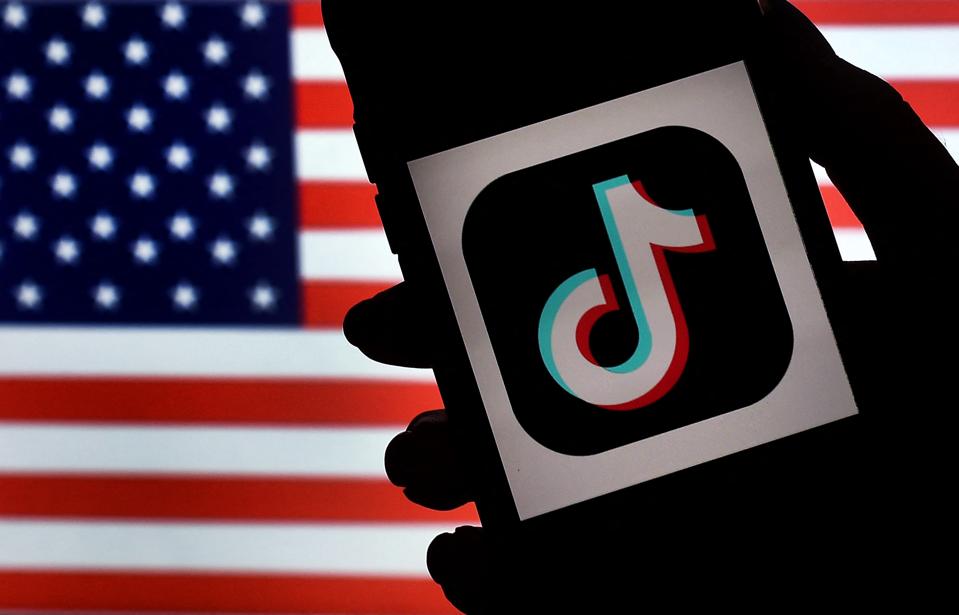Today the U.S. Senate is voting on a bill that, in true Washington realpolitik, ties aid to Ukraine and Israel with a legislative demand that TikTok’s parent company ByteDance sell the social media giant. Banning TikTok or at least forcing its sale is something that seems to have broad support throughout the House of Representatives and the Senate, despite being clearly destined for a legal challenge.
But there’s a different path to take here. And perhaps a better one.
Instead of banning TikTok or forcing ByteDance to sell it, how about quid pro quo with China? If China wants its big tech platforms like TikTok to have access to western markets, China should open up Chinese markets to western big tech: Google, Meta, Snap, and the like.
Simple.
Quid, meet pro quo.
Despite endless rhetoric that a forced TikTok divestiture is about “preventing a foreign adversary from controlling a platform” to deploy what U.S. venture capitalist Vinod Khosla calls “persuasive AI,” it’s still not clear that China is actually using TikTok influence public policy or general sentiment.
And despite massive concern that access to TikTok data would give China too much information on U.S. citizens—let’s be honest: any company with significant exposure to the Chinese market could be influenced or even fully controlled by the Chinese government—it’s unclear how seeing which videos teens like presents an immediate national security crisis.
Any global ad network—and there are hundreds based in China—has access to much more sensitive data including peoples’ location, apps used, websites visited, and more, simply based on ad auctions with personally identifiable data attached to them. This has been the case for years, and it’s how even the most secure and protected people can be very accurately tracked, as this NY Times investigation showed with regard to then-President Trump in 2019.
This is now harder on iPhones, given Apple’s adtech-related security and privacy initiatives, but it’s still easy on Android until Google deprecates a device identifier known as the GAID, something that may possibly happen later in 2024 or 2025.
So banning or forcing the sale of TikTok is, in my opinion, pure security theater.
A much better option is to say that what is good for the goose is good for the gander: if China wants its tech companies to have access to lucrative western markets, it needs to open up domestic markets.
TikTok is not the only big Chinese tech platform at play here.
Chinese game makers including Tencent, HoYoverse, and NetEase are massive globally. In a 2023 report by mobile intelligence provider Sensor Tower, Chinese game developers “accounted for 40 of the world’s top 100 mobile games publishers by revenue.” That’s almost $2 billion per month of revenue, mostly from the west: important leverage in a rational conversation about who can publish games and software globally and who cannot.
(Also: those are mobile games, and mobile games suck up a lot of data from their players, but no-one seems concerned about this in Washington, DC.)
The point is not that this is necessarily a huge problem.
The point is that this is a massively unfair situation: Chinese software and game developers have full access to much of the rest of the world, while the world’s software and game developers have incredibly limited access to China.
That seems to be a better way to approach TikTok’s massive dominance in the short video category of apps: all fine, as long as China reciprocates with access to its markets.
And that approach, one rooted in simple fairness, seems the most likely to achieve a positive result: either divestiture or disappearance of TikTok as one option, or opening up the great firewall of China to foreign competition.

